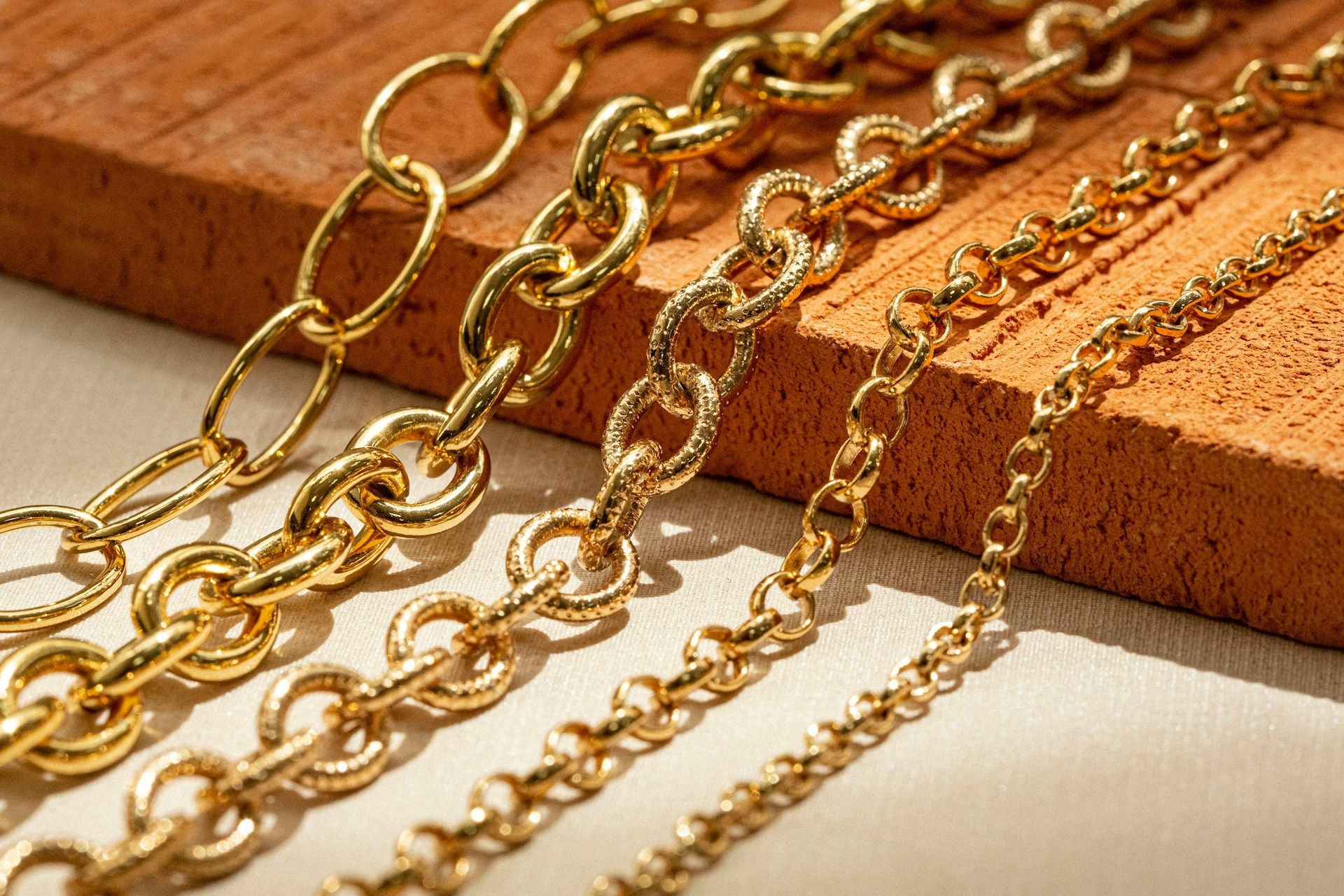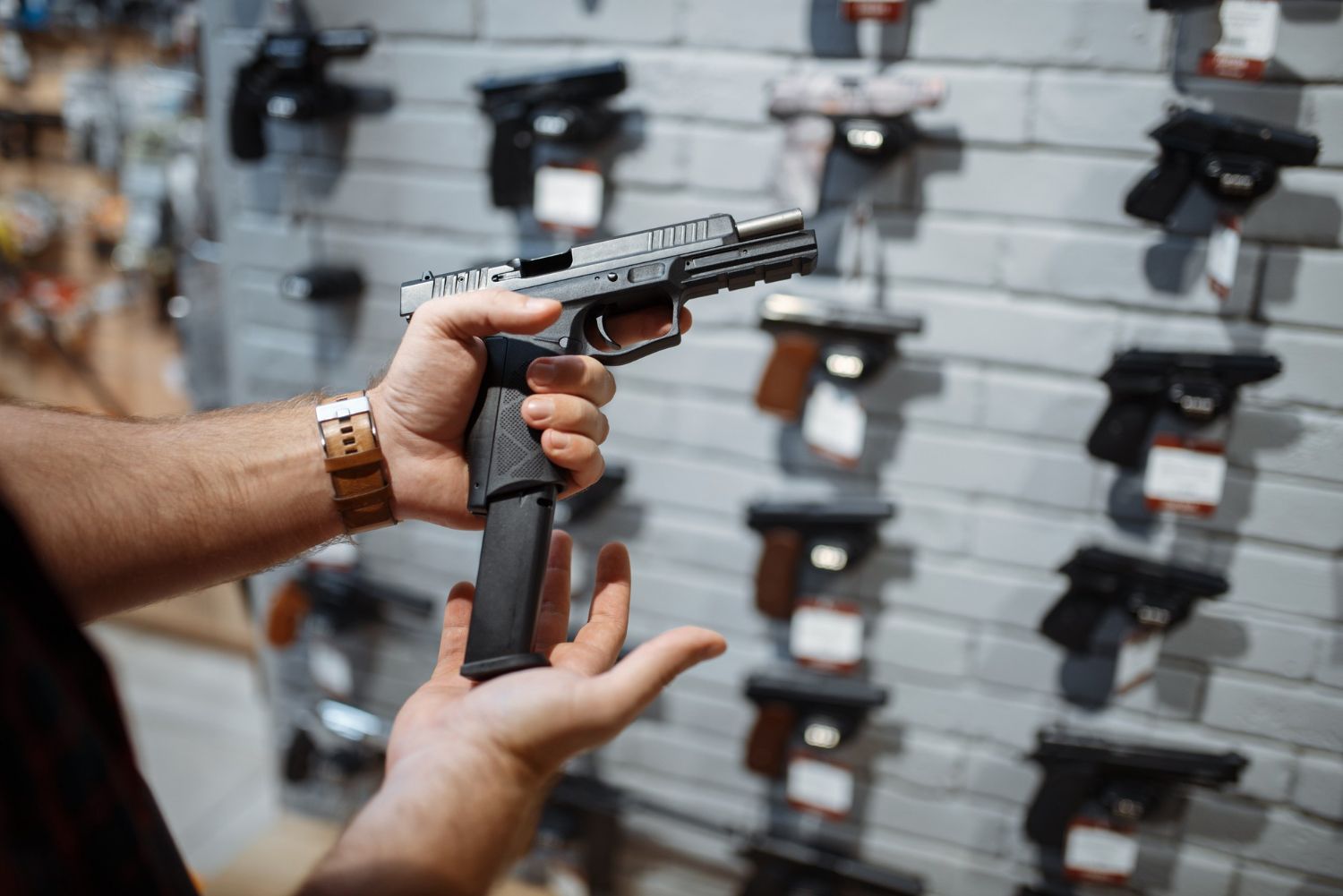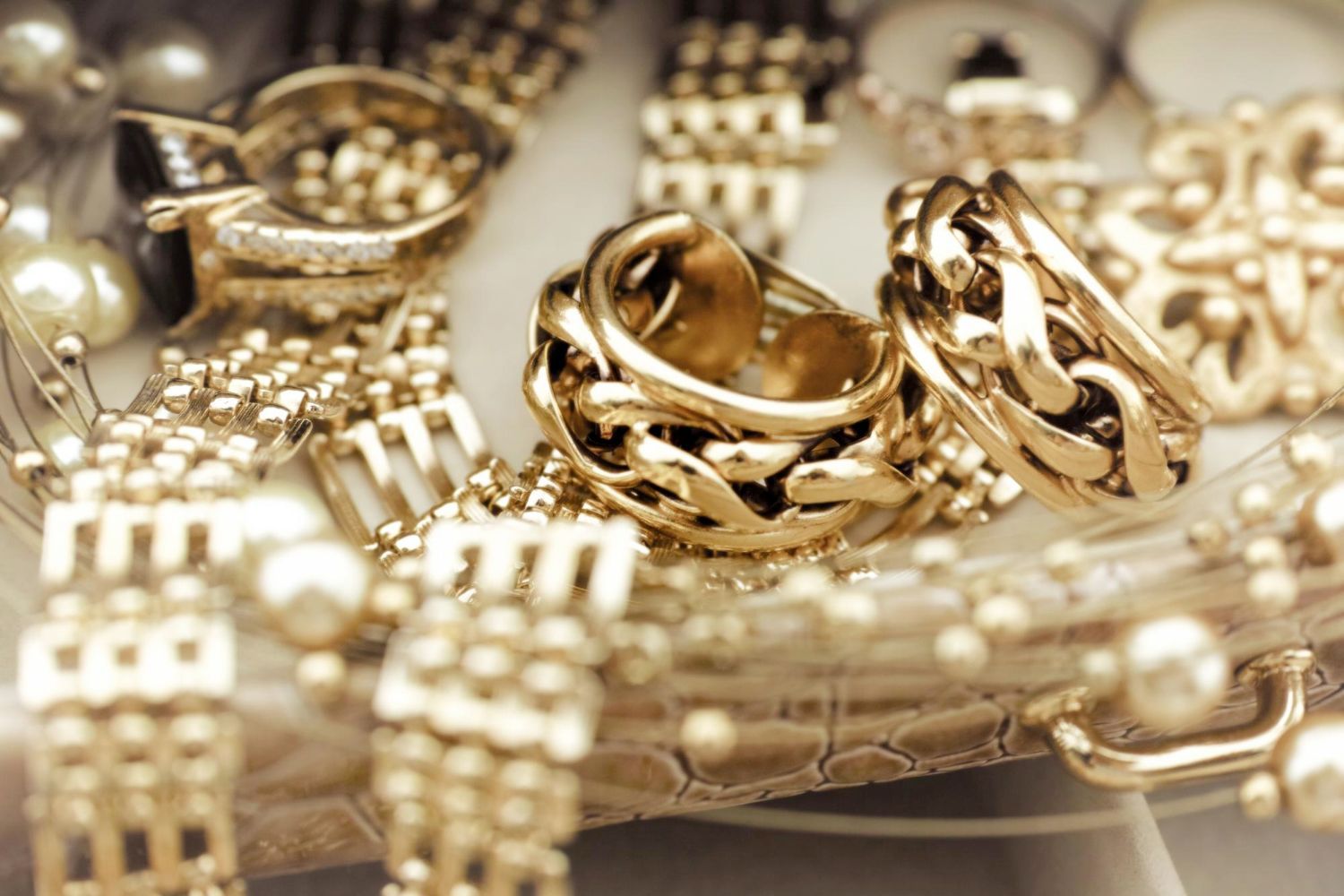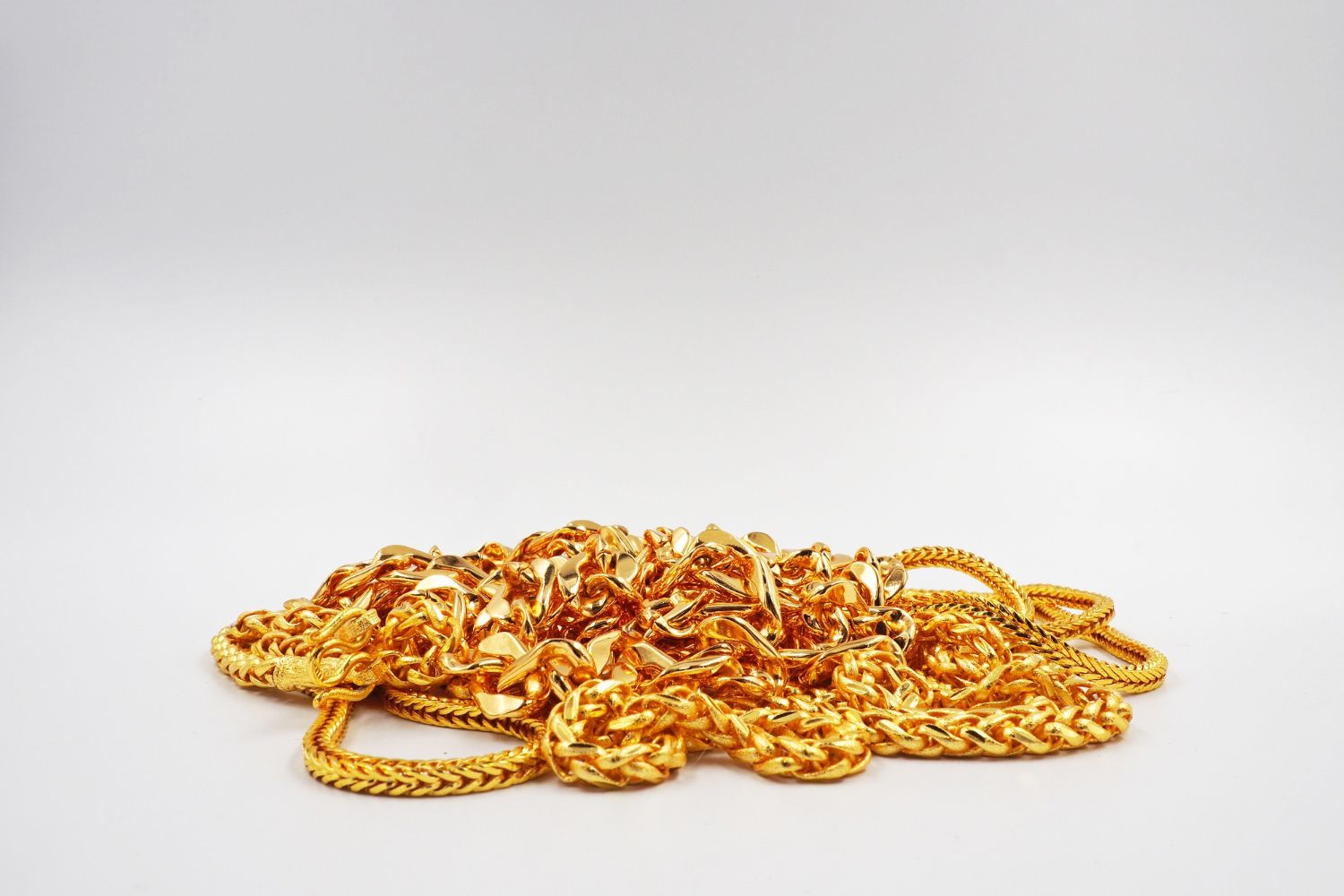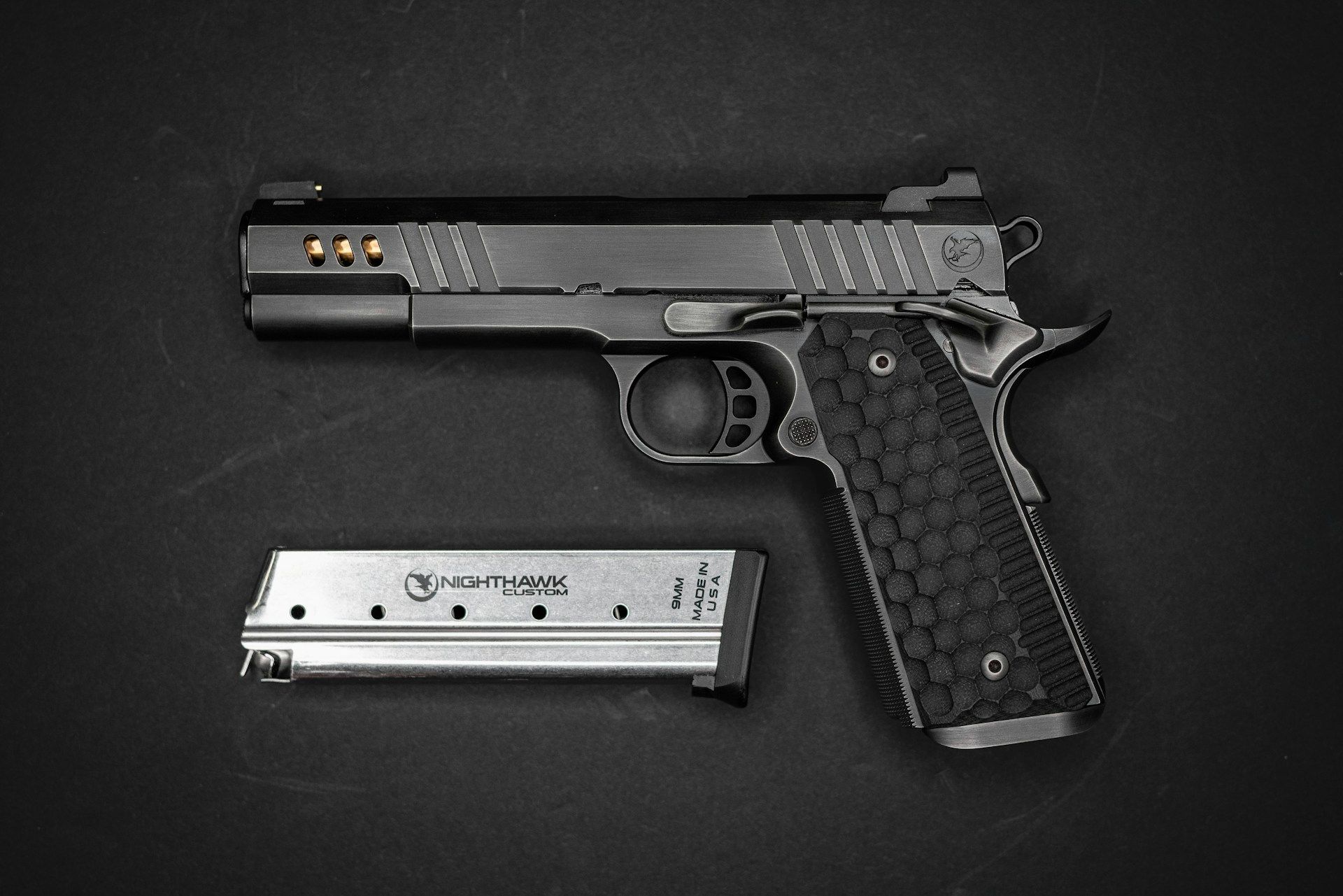Get Cash Fast or Get the Best Price? Navigating the Pawn vs. Sell Conundrum
Deciding between pawning and selling your valuables can be challenging. Both options offer quick access to cash, but the long-term impacts and immediate benefits differ significantly. Pawning allows you to use your items as collateral for a loan, giving you the chance to get them back once the loan is repaid. Selling, on the other hand, means parting with your items permanently for an upfront payment.
Understanding the differences between pawning and selling is crucial for making the right decision for your financial needs. If you're looking for a temporary solution to a cash flow problem, pawning might be the smarter choice. It offers the flexibility of reclaiming your items once your financial situation improves. On the flip side, selling can be a better option if you don't mind parting with your valuables and prefer a straightforward transaction with no ongoing obligations.
By examining the short-term advantages and the long-term impacts of both options, you can make an informed choice that best suits your situation. Whether you’re facing unexpected expenses or wanting to liquidate assets, knowing the pros and cons of pawning versus selling will help you navigate your financial choices more effectively.
Comparing the Immediate Benefits of Pawning vs. Selling
Pawning and selling both provide quick cash, but their immediate benefits differ. When you pawn an item, you receive a loan based on its value while using it as collateral. This means you have the option to reclaim your item after repaying the loan. It’s a convenient way to get fast money without permanently parting with your belongings. Pawning is ideal for those who need a temporary solution and plan to retrieve their items later.
On the other hand, selling an item gives you a one-time payment. You won't have the option to get your item back, but the transaction is final, and there are no further obligations. Selling can be quicker and involves fewer steps since there’s no loan agreement or repayment schedule to follow. This option is best for those who need immediate cash and don't mind letting go of their valuables forever. Comparing these two, pawning provides flexibility while selling offers finality.
Long-Term Impacts: Which Option Protects Your Assets?
Considering the long-term impacts is important when deciding between pawning and selling. Pawning allows you to keep ownership of your items, protecting your assets in the long run. Once you repay the loan, you can retrieve your valuables. This is especially beneficial if the items are sentimental or have significant value. Pawning can be a smart move if you anticipate future financial stability that will allow you to pay off the loan.
Selling, however, means your items are gone for good. You receive immediate cash, but you lose ownership. This can be a disadvantage if the item's value appreciates over time or if you later regret parting with it. Selling might seem like a quick fix, but it removes the possibility of future benefit from your assets. Evaluating the long-term consequences can help you make a decision that aligns with your financial goals and preserves important items.
Situations Where Pawning Makes the Most Sense
Pawning is a great option when you need cash quickly but don't want to lose your valuable items permanently. If you find yourself in a financial bind, pawning can provide immediate relief with less commitment. For example, unexpected medical bills or urgent car repairs can create a need for quick access to funds. Unlike selling, pawning allows you to retrieve your item once you repay the loan.
Pawning is also a smart choice if you have a sentimental attachment to your belongings. Whether it's family heirlooms or items with personal meaning, pawning enables you to use them as collateral without the permanent loss that comes with selling. This can be a lifesaver in times of temporary financial setbacks, giving you the flexibility to bounce back without sacrificing treasured possessions.
Key Considerations When Deciding to Pawn or Sell
When deciding whether to pawn or sell, consider your immediate need for cash versus your long-term goals. If you need quick cash but believe you can repay the loan soon, pawning is a viable choice. This allows you to reclaim your item and maintain its future value. Additionally, pawning doesn’t impact your credit score, making it a safer financial option compared to taking on debt with high-interest rates.
However, if you prefer not to deal with loan repayment and are okay with parting with the item permanently, selling may be the better option. Selling can sometimes bring in more money upfront, but it also means you lose ownership of the item completely. Take into account the item's sentimental value, how easy it would be to replace, and its market demand. Weighing these factors will help you make the most informed decision for your financial situation.
Maximizing Value or Getting Quick Cash: A Guide to Choosing Between Pawning and Selling
Deciding whether to pawn or sell your valuable items involves careful consideration of both your immediate financial needs and long-term goals. While pawning offers quick access to funds and the ability to reclaim your items, selling provides an immediate, one-time cash influx but results in the permanent loss of your possessions. By understanding the benefits and trade-offs of each option, you can make a decision that best suits your circumstances.
For those looking to pawn or sell their items, Kennesaw Mountain Pawn in Marietta offers a transparent and straightforward process. Visit our
pawn shop in Kennesaw to explore how we can assist you in meeting your financial needs. Whether it’s pawning or selling, our team is here to help you make the best choice for your situation.


